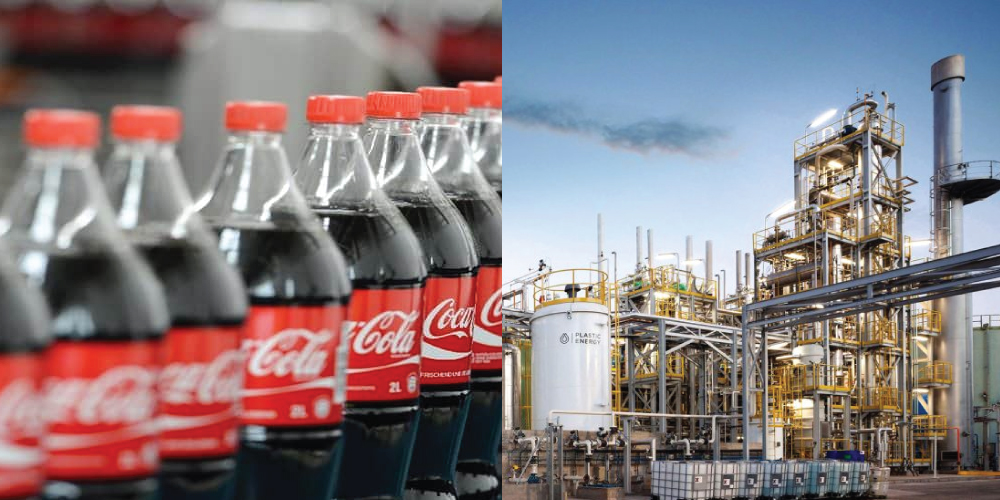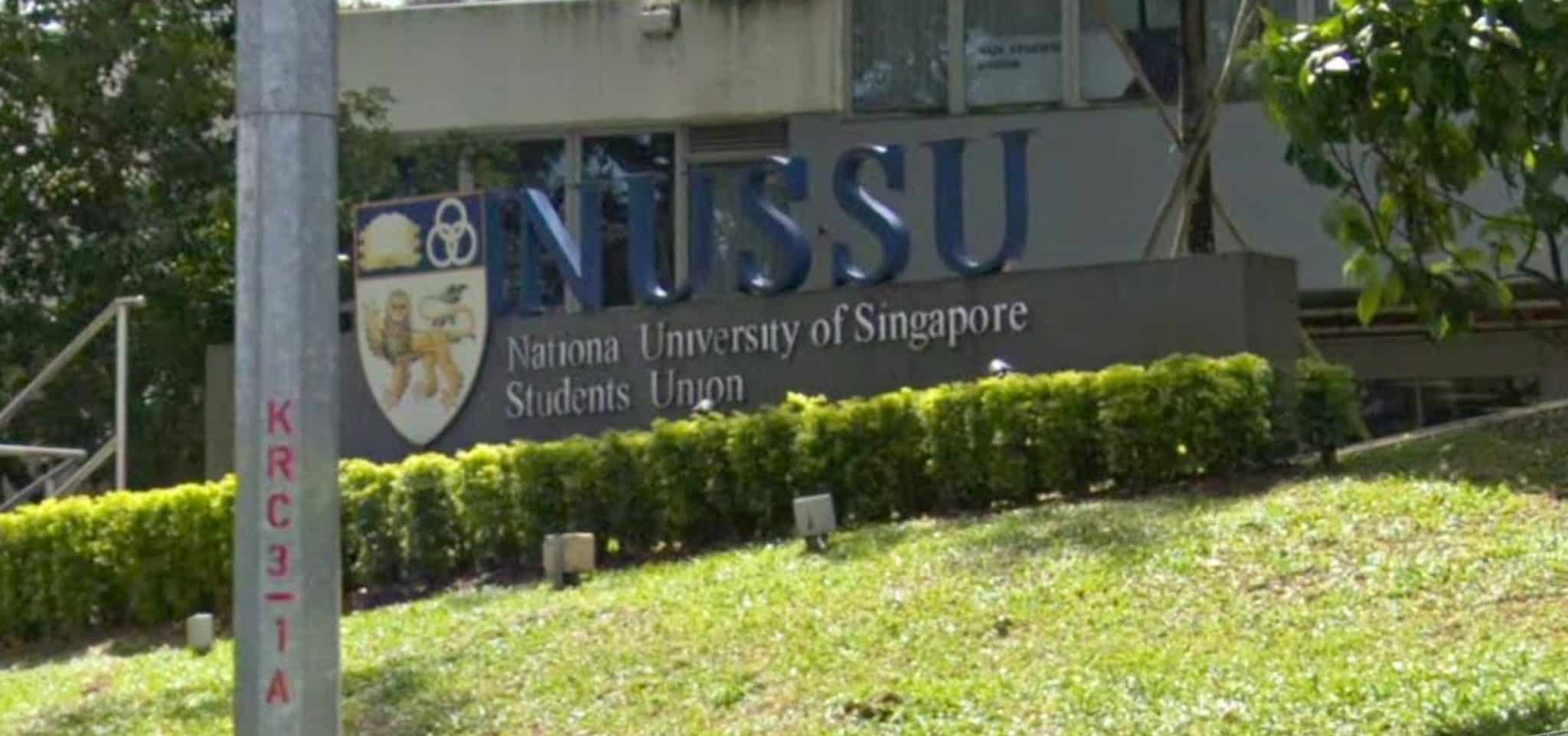Soft drinks giant Coca Cola Amatil Indonesia (Amatil) has signed a Head of Agreement (HoA) with plastic packaging producer Dynapack Asia to build a recycling facility to produce Polyethylene Terephthalate (PET) in Indonesia.
Both companies will cooperate in the planning and development of the facility, such as conducting feasibility studies, determining potential location of the plant, and so on, as reported by The Jakarta Post last Saturday (23 May).
“It is a significant step toward Amatil becoming self-sustaining in the plastic materials we use, ensuring a closed-loop for plastic beverage packaging in Indonesia as a whole,” said Amatil president director Kadir Gunduz in a statement.
Mr Kadir added that the use of recycled plastic could reduce the amount of new plastic resin used by the company as many as 25,000 tonnes annually by 2022.
The goal is in line with the national priority plan through the National Plastic Action Partnership (NPAP) in slashing plastic waste output by 70 per cent by 2025.
According to an audit by Greenpeace in September 2018 – covering 200 cities worldwide – Coca Cola topped the list as the world’s largest plastic waste producer (9,216 tonnes), followed by Pepsi Co (5,720 tonnes).
However, there was no specific data on the amount of plastic waste Coca Cola had produced in Indonesia, UPP Campaigner Greenpeace Indonesia Muharram Atha Rasyadi told Gatra in May last year.
The use of plastic waste is on the rise during the social restriction period
The COVID-19 pandemic has forced people to perform most of their activities from home, which includes shopping.
This has led to a surge in the amount of plastic waste used during the social restriction period, due to the increase in online shopping activities.
“Around 96 per cent of the package is wrapped in thick plastic wrap plus bubble wrap, tape, plastic bag. And bubble wrap is the most often found material,” said Intan Suci Nurhayati, a researcher at the Oceanography Research Center, the Indonesian Institute of Sciences (LIPI).
A survey conducted in Jakarta, Bogor, Depok, Tangerang, and Bekasi (Jabodetabek) from 20 April to 5 May revealed the amount of plastic waste used as wrap had surpassed that of packaged products.
The poll showed that Indonesians’ awareness of plastic waste’ risk was pretty good, given that 60 per cent of the respondents believed that plastic materials did not reduce the risk of getting the virus.
However, Ms Intan stressed that not all of the respondents had an awareness of recycling plastic waste, leading to the surge in the amount of plastic waste at disposal areas during social restrictions (PSBB).
She called on Indonesians to minimize the use of plastic bags when purchasing goods online.
Previous research revealed that the coronavirus could stay on plastic’s surface for three days or longer than other materials like cartons.






